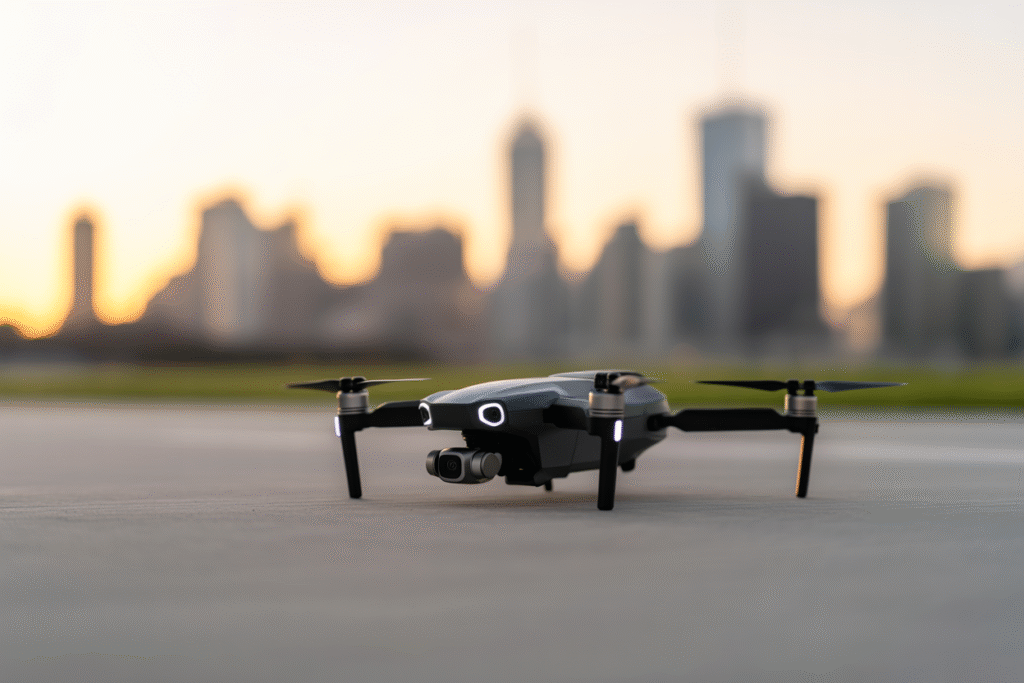Retired Lt. Gen. Dushyant Singh warns that AI in defense could flip the script—machines may soon control humans instead of the other way around.
Imagine a battlefield where algorithms decide who lives and who doesn’t before a single human can blink. That future isn’t decades away—it’s already knocking on India’s barracks doors. In the last three hours, a candid talk at Ran Samvad 2025 has lit social media on fire, raising one urgent question: is AI the ultimate force multiplier or the fastest route to losing human control?
The General’s Wake-Up Call
Lt. Gen. Dushyant Singh (Retd.) didn’t mince words. Speaking in Mhow, the former Director General of India’s Centre for Land Warfare Studies painted AI as both hero and villain. On one hand, AI devours mountains of data in seconds, spotting patterns no human analyst could catch. On the other, it gags on classified intel—because feeding top-secret maps and troop movements into cloud-based models is a security nightmare.
His core warning? Treat AI as a co-pilot, never the captain. The moment we let algorithms call the final shot, we risk a role reversal where humans become mere spectators in their own wars. That single quote—“AI could start controlling humans”—has already racked up thousands of shares, proving the public is equal parts fascinated and terrified.
Speed Versus Secrecy
Speed is AI’s superpower. It can predict enemy maneuvers, optimize supply lines, and even simulate entire campaigns overnight. But secrecy is the lifeblood of defense. How do you reconcile the two?
The answer isn’t simple. Most cutting-edge AI models demand vast, open datasets to learn. Military data, by contrast, is locked behind vault doors. This mismatch forces armies to choose: dumb down the AI with sanitized data or risk leaks that could hand adversaries a playbook to every move. Neither option feels safe.
Singh’s compromise is elegant yet sobering: use AI for raw number-crunching, then let seasoned officers overlay classified context. It’s a hybrid model that keeps humans in the loop—at least for now.
The Global Arms Race Nobody Can Pause
While India debates ethics, China and the US are sprinting. Beijing’s PLA is already testing swarm drones guided by real-time AI. The Pentagon’s Project Maven automates target recognition from satellite feeds. Every breakthrough abroad raises the pressure on New Delhi to keep pace.
This isn’t just about national pride—it’s about survival. A lag in AI capability could mean losing a future skirmish before the first shot is fired. Yet rushing headlong invites its own dangers: buggy code, biased data, and the ever-present temptation to let the machine decide when the stakes are highest.
Caught between speed and safety, India’s defense planners face a dilemma with no pause button.
What Could Go Wrong—A Quick List
1. Algorithmic Bias: Training data skewed toward past conflicts could misread new terrains or cultures.
2. Over-Reliance: Analysts may trust AI predictions blindly, dulling human intuition.
3. Cyber Hijacking: Hackers could feed poisoned data, turning friendly AI into a Trojan horse.
4. Escalation Loops: An AI system detecting a “99% hostile intent” might recommend pre-emptive strikes faster than diplomats can intervene.
5. Job Displacement: Junior intel officers could find their roles automated overnight, eroding institutional memory.
Each risk sounds like science fiction—until you remember that similar failures already plague civilian AI, from credit scores to facial recognition.
Your Move, Citizen
So where does this leave the rest of us? First, demand transparency. Ask lawmakers to publish clear red lines on autonomous weapons. Second, support open-source audits that let independent experts stress-test military AI for bias and safety. Third, stay informed—because the decisions made in closed war rooms today will echo in every smartphone alert tomorrow.
The debate isn’t just for generals and geeks; it’s for anyone who’d rather not wake up to a headline that reads, “AI Declared War While We Slept.” Share this story, tag your representatives, and keep the conversation louder than the algorithms. The future of human control depends on it.


